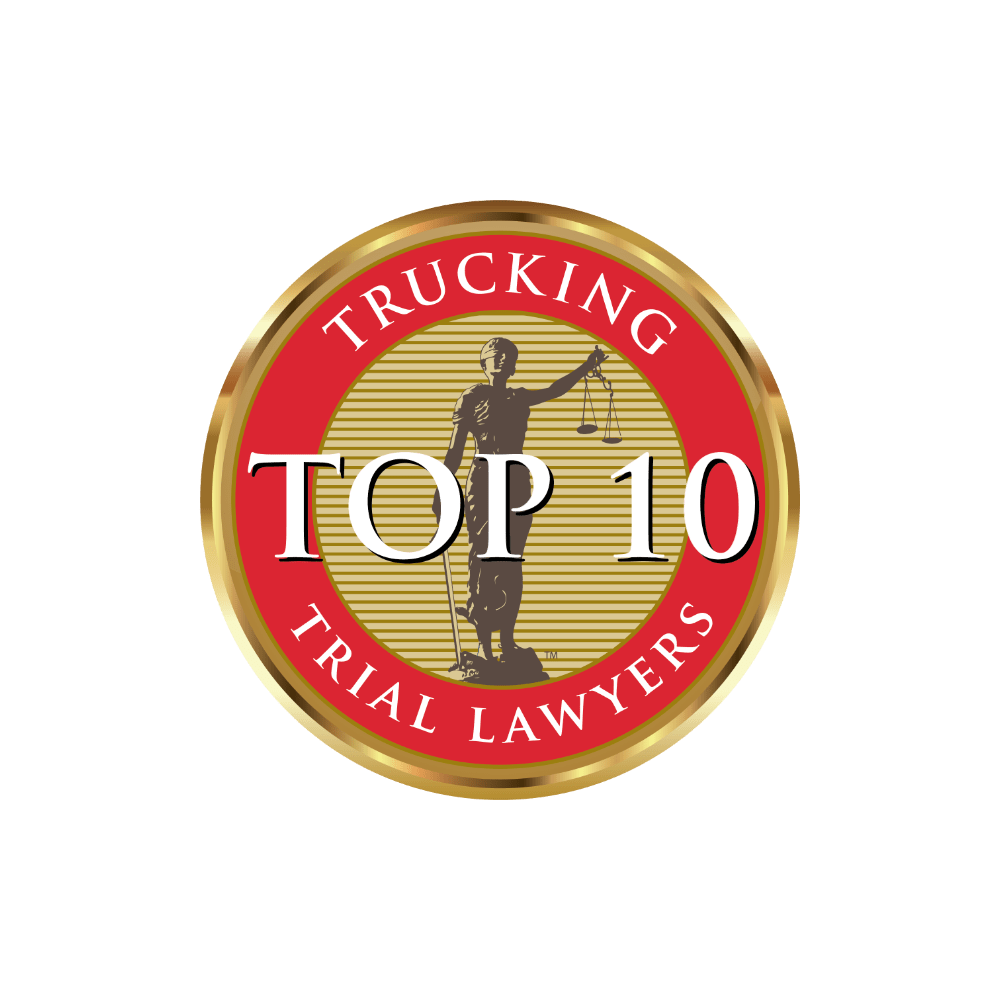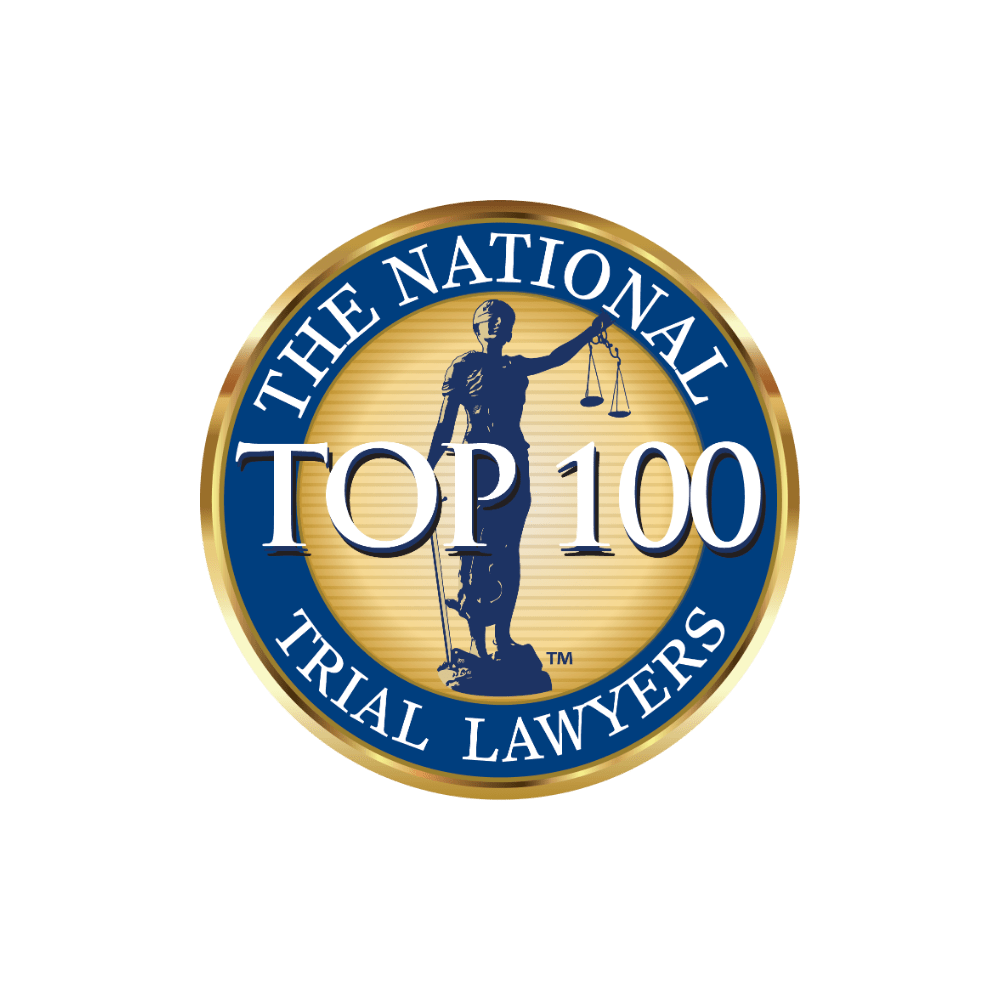Cruise control is a feature we often rely on without a second thought—especially during long highway drives. It’s designed to make life easier: keeping a steady speed, reducing driver fatigue, and even improving fuel efficiency. But when cruise control—or its newer cousin, adaptive cruise control—fails or leads to delayed reactions, the results can be serious.
If you were injured in a crash where cruise control played a role, you may have more legal options than you realize. If cruise control contributed to a crash in Charlotte, you may be able to take action against the driver or the car manufacturer, in cases of malfunction..
In this guide, we’ll walk through how cruise control accidents happen, what liability can look like, why immediate evidence preservation is crucial, and how a Charlotte car accident lawyer can help you uncover the real causes and pursue fair compensation.
How Cruise Control Can Contribute to Car Accidents
Cruise control systems—both traditional and adaptive—are meant to assist drivers, not replace their attention or judgment. However, the reality is that cruise control can sometimes make drivers overly reliant on automation or less engaged behind the wheel.
Common cruise control-related factors in Charlotte car accidents include:
- Delayed reaction times: Drivers on cruise control may not notice slowing traffic, stopped vehicles, or sudden hazards quickly enough.
- Overconfidence in adaptive systems: Adaptive cruise control adjusts your speed to match the car ahead, but it doesn’t always detect stopped vehicles, bicycles, pedestrians, or sudden road obstacles in time.
- Driver distraction or drowsiness: With cruise control maintaining speed, drivers may become too relaxed, mentally check out, or even fall asleep.
- System malfunctions: In rare cases, cruise control can fail, causing a vehicle to accelerate unexpectedly, fail to disengage when braking, or lock into a speed that the driver can’t easily control.
- Failure to deactivate: In emergencies, drivers may not deactivate cruise control quickly enough, especially if they’re relying heavily on the system.
Each of these issues can lead to rear-end collisions, loss of control, side-swipes, or devastating highway crashes—especially at high speeds where reaction time is critical.
Understanding Liability in Cruise Control Crashes
In a crash where cruise control contributed, multiple parties could potentially share liability, depending on how and why the wreck occurred.
Some possibilities include:
- Driver negligence: If the driver relied too heavily on cruise control, failed to maintain a safe distance, or wasn’t paying attention, they can still be held responsible under North Carolina law. Cruise control does not excuse inattentiveness.
- Vehicle defects: If the cruise control system malfunctioned—such as failing to disengage, misreading traffic, or causing unintended acceleration—the vehicle manufacturer or system designer may be liable under product liability laws.
- Third-party liability: In adaptive systems, if poor road design (like missing lane markings) or faulty maintenance (such as broken sensors after a recall) contributed to the failure, other parties like maintenance companies or municipalities might share blame.
North Carolina’s pure contributory negligence standard makes these distinctions crucial. If you’re found even 1% at fault, you may lose your right to recover compensation entirely. That’s why having strong, early evidence—and a detailed understanding of the technology—is critical.
Why Investigating Cruise Control Crashes Requires Special Attention
When cruise control is involved, a standard accident investigation isn’t enough. These cases often require:
- Downloading vehicle event data recorders (EDRs), sometimes known as the car’s “black box,” to retrieve cruise control settings, activation times, braking data, and speed readings.
- Preserving dashboard warning messages or alert logs that indicate system malfunctions or errors.
- Examining adaptive cruise control radar, lidar, or sensor data, which may show what the system detected—or failed to detect—before the crash.
- Reviewing recall history to see if the vehicle had known issues with cruise control or autonomous systems.
- Interviewing drivers and passengers carefully about what the vehicle was doing and how much manual input was used before the collision.
At Auger & Auger, we work with engineers, automotive experts, and accident reconstructionists who specialize in analyzing vehicle automation systems. The sooner you involve legal counsel, the better your chances of preserving critical evidence before it’s lost.
What Compensation May Be Available After a Cruise Control-Related Crash
If another driver’s misuse of cruise control—or a mechanical or system failure—caused your crash, you may be entitled to recover damages for:
- Medical expenses, including surgeries, rehabilitation, therapy, and future care
- Lost wages and future loss of earning capacity
- Pain and suffering, both physical and emotional
- Vehicle repairs or replacement costs
- Permanent disability or disfigurement
- Punitive damages, if a manufacturer’s recklessness or gross negligence contributed to the accident
The full scope of your damages may not be immediately clear, especially if the crash results in long-term injuries. Working with an experienced attorney ensures that you seek compensation not just for today’s bills, but for the lasting impact on your life.
Contact Auger & Auger for Help After a Cruise Control Accident
If you’ve been hurt in a crash where cruise control—or an advanced vehicle system—played a role, you need a law firm that understands the complexities of these cases.
At Auger & Auger Accident and Injury Lawyers, we have more than 30 years of experience fighting for accident victims across North Carolina. We know how to investigate crashes involving both driver error and technology failures, and how to hold the right parties accountable.
With our Zero Fee Guarantee, you pay nothing unless we recover money for you. And with our experience in handling advanced technology cases, you can feel confident that every angle of your accident will be thoroughly explored.
If you were injured in a Charlotte car crash involving cruise control, adaptive cruise control, or a suspected vehicle defect, contact us today for a free, no-obligation consultation. Let’s find out what happened—and how we can help you move forward.
















